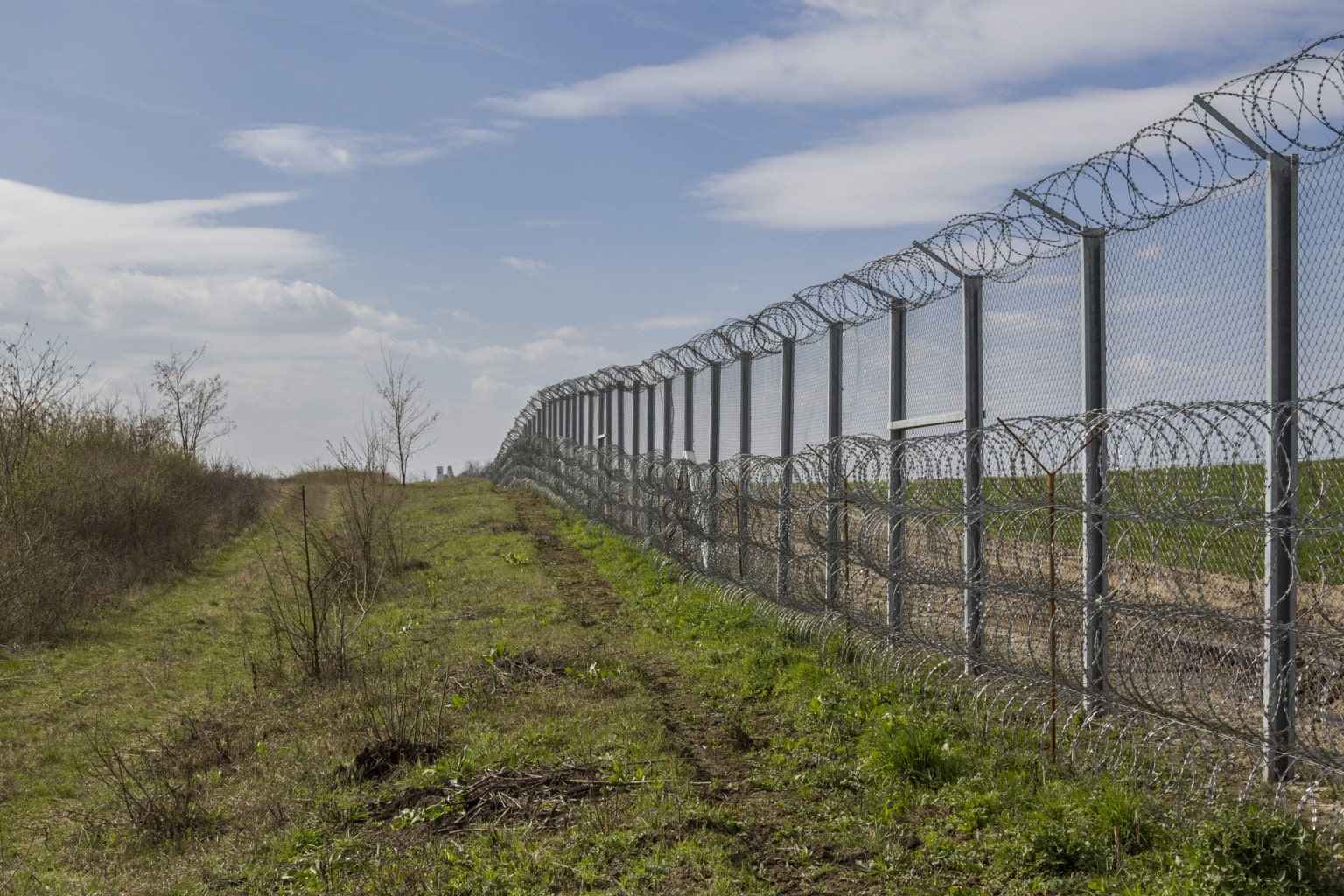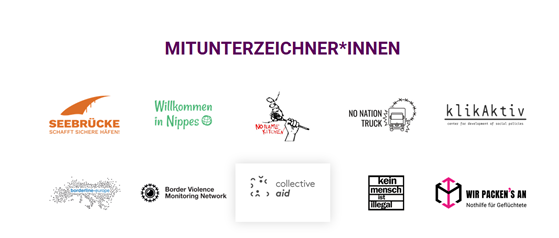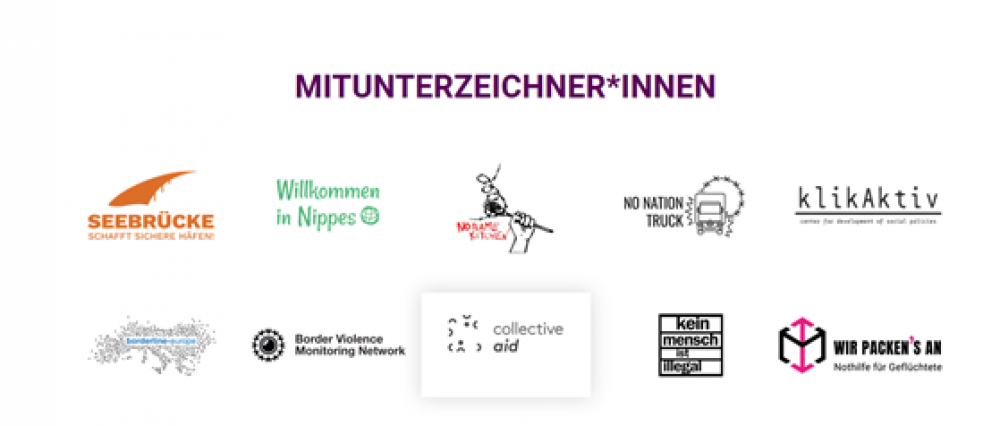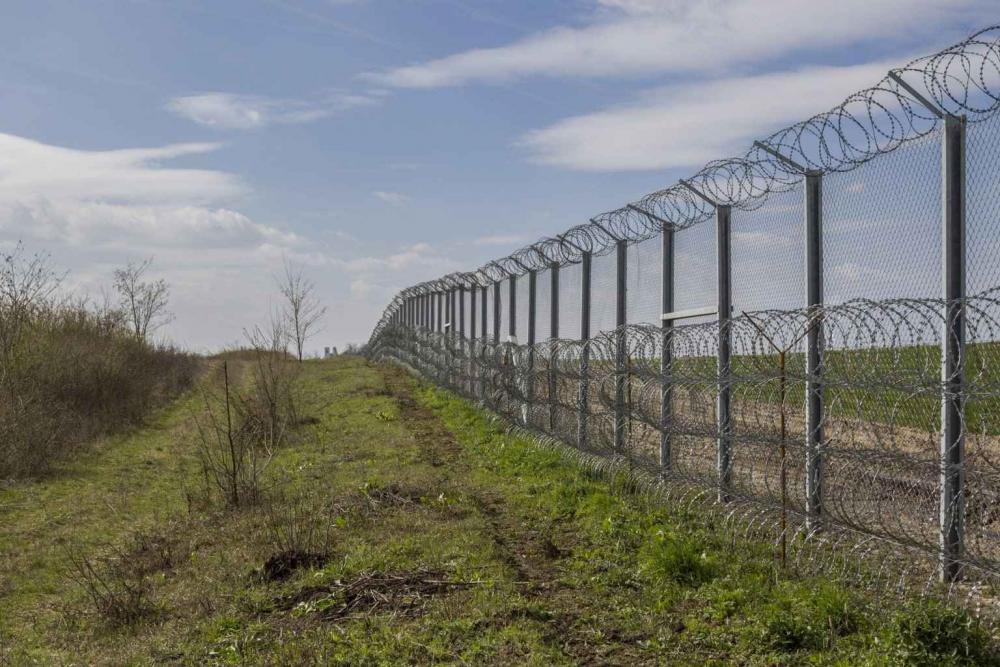Statement on EU externalization policy in the Balkans
During its presidency of the EU Council, Germany must advocate access to protection in the EU instead of outsourcing migration policy to third countries such as Serbia. The new migration pact presented by the EU Commission is not a solution!
In the “New Pact on Migration and Asylum“, the EU Commission concretizes its future migration policy. Analyses show that the strategy formulated there leads to a two-tier asylum system. The right to individual examination of asylum procedures is thus undermined. In the future, so-called screenings are to be conducted at the borders.
For the EU Commission, solidarity within the European community means the willingness to carry out deportations in the event that a member state refuses to accept immigrants. The conjured up “solidarity mechanism” is based on exclusion and stands for a hardly sustainable policy of the lowest common denominator.
For states in the EU accession process, the path to the EU leads through the acceptance and support of European externalization practices. In the future, countries of the Western Balkans are pressured to participate in these deportation policies. This is particularly evident in the EU accession negotiations of Serbia:
As a non-EU state, Serbia will become part of the European deportation system even before its accession to the EU. In concrete terms, the EURODAC database and the Dublin system are to be extended to Serbia.
Frontex, the European Border and Coast Guard Agency, is already present and operational in the non-EU countries Albania and Montenegro. Preparations are currently being made for the mission in Serbia.
Currently, only 1,53% of registered protection seekers apply for asylum in Serbia. The access to the asylum system is complex and almost blocked by non-transparent authorities and short deadlines. There is a lack of legal advice, effective legal remedies and procedural guarantees, especially for unaccompanied minors. Systemic deficiencies in the Serbia asylum system mean that many fugitives are wrongly considered illegal. The provision of basic needs, such as medical treatment and education, is not guaranteed.
Existing asylum legislation in Serbia is to be adapted to European guidelines by the end of 2020. The planned amendments to the law do not intend to remedy the abuses mentioned above. Instead, the will make it possible for protection-seekers to be deported from Serbia more quickly and without individual examination of their asylum application. Human rights standards neither exist nor are they planned in the area of deportation and detention. Deportation agreements are being negotiated with Afghanistan, Pakistan, Iraq and Morocco.
In August, Serbian authorities began building a border facility on the border with Northern Macedonia as a step “of the Europeanization process” as local authorities called it.
According to the ideas of the EU Commission, people are stopped at the border and are subject to undergo screenings. It is possible that the EU will carry out these screenings at the external border in countries like Serbia. At the same time, the EU can deport people to Serbia as it is considered a safe third country.
This will lead to Serbia becoming a catch basin of European migration policy!
As a leading member of the Council of the EU, the German Government is responsible for ensuring, on behalf of all EU member states, that people are treated on the basis of minimum humanitarian standards. We demand that the negotiations with Serbia on asylum and migration policy be reported transparently.
Europe needs long-term and human rights-based solutions in its migration and asylum policy. The Balkan states must no longer be the outposts of EU isolationist policy.
October 8, 2020




